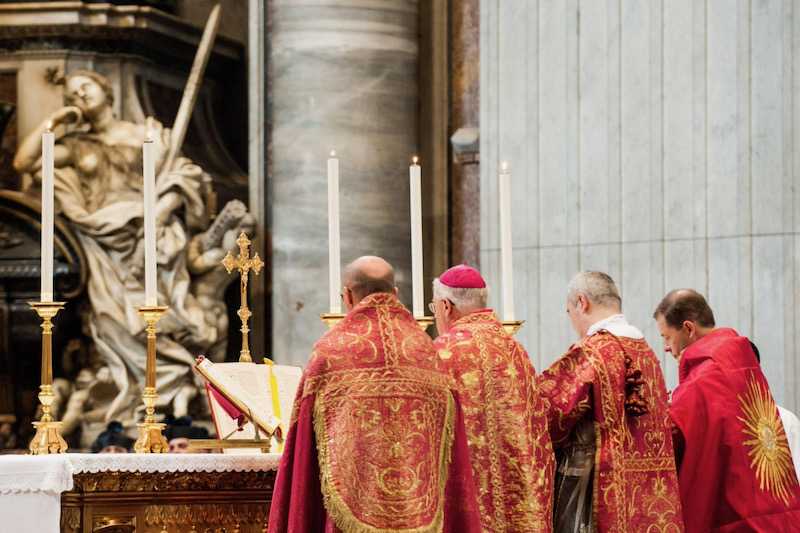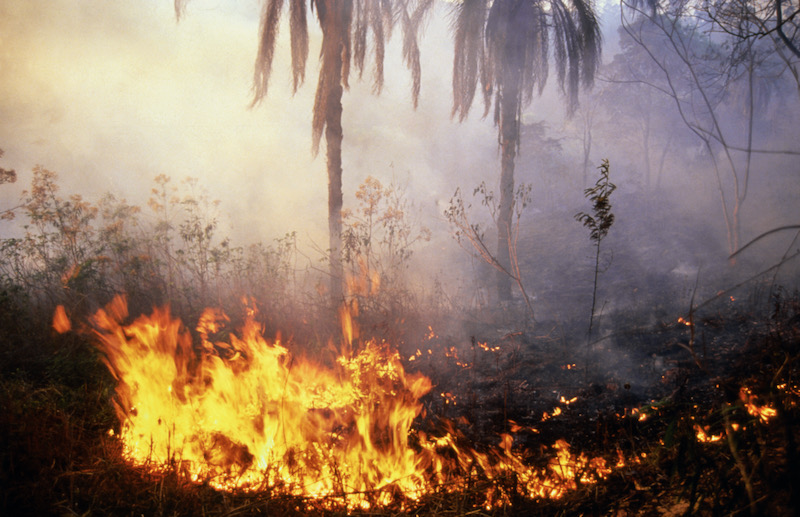The news that the Amazon rainforest is now emitting more carbon than it absorbs – an estimated billion tonnes every year – is tragic but not surprising to the hundreds of indigenous communities living in the Brazilian Amazon. For us, climate change has been a daily reality for decades.
Facing this environmental disaster, we have a simple message for world leaders. Our wisdom has kept the forest standing. To avert the climate catastrophe, you must guarantee indigenous rights, officially recognise our ancestral lands, and include us in international legislation.
Every August, the world recognises the contribution of indigenous peoples to the planet, which has never been more important. Although indigenous peoples account for more than five per cent of the global population, we protect 80 per cent of the world’s remaining biodiversity.
Yet, in spite of protecting the planet so that everyone can have quality air, food, the Brazilian state, and many other international governments, have repeatedly shown they do not value our protection.
Today, my community of the indigenous peoples of Roraima, Brazil, face two major potential legal changes that will strip us of our rights to our lands: Covid-19 and the climate crisis. These threats have become the struggle of a century and cause us immense damage that often cannot be measured.
For example, when the Covid-19 pandemic suddenly arrived in our communities, we were offered little protection. By the beginning of August, Brazil had recorded more than 57,000 confirmed indigenous cases of COVID-19 and 1,159 deaths across 163 indigenous communities.
What these numbers do not show is how Covid-19 took away many important leaders who understood unique forest management techniques and were fighting to defend our lands and our rights.
The climate crisis, too, has already impacted indigenous peoples’ social, cultural, and traditional ways of life, such as hunting and fishing. It has directly affected women’s work with seeds as when women go into the forest, the seeds no longer come at the right time.
However, as indigenous peoples, we have much experience facing crises head-on and have been resilient each time. The climate crisis is no different. Whether it is forests, ploughed land, or savannahs; in the various biomes where we live, we create strategies to tackle the issue.
Across Brazil, we have created live seed banks which are resilient to extreme weather patterns, including the increasingly severe oscillating periods of floods and droughts in the Amazon.
In the ethno-region of Serra da Lua, we created holistic case studies to map climate impacts. These studies found an increase in water temperature in local rivers that resulted in the disappearance of some species of fish. We then used this information to create land management plans and advocate for appropriate public policies to respond to the local challenges.
Globally, indigenous peoples are the caretakers of nature. Research shows much as 24 per cent of the carbon stored above ground in the world’s tropical forests is found in indigenous territories. As communities, we put our lives in danger to act as the barrier to contain damaging events like deforestation and fires.
Now, we’re calling on the Brazilian Government – and all international leaders – to take responsibility. We are calling on them to ensure that indigenous peoples’ rights are guaranteed so we can deal with these crises, using our traditional knowledge to support scientific understanding, in the pursuit of a combined strategy.
To the richest countries who discuss the economy, we ask that you look directly at indigenous peoples to ensure that funds allocated to climate policies actually arrive at local communities. Because, in spite of the billions of dollars pledged, these resources do not reach us.
Indigenous communities have fulfilled a role for the whole world, contributing the most to conserve and preserve nature. So we must be included in the commitments and legislation of every country that signed the Paris Agreement.
For indigenous communities around the world, today is a reminder to say yes to life, yes to land and to inspire action among all sectors of society. In the run-up to COP26 this November, will you stand alongside us so we can continue fighting for our land and lives?



 Loading ...
Loading ...
What do you think?
You can post as a subscriber user ...
User comments (0)